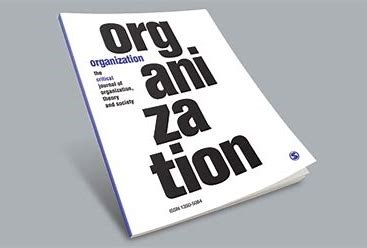Women village leaders and equality
Why has the gender-based reservation system not succeeded in achieving gender equality in Indian politics? Both token theory and critical mass theory posit that equilibrating number of representatives from both genders will achieve gender equality. In India, this led to the reservation system for women in politics in 1993 and an increase in women representation, in some Indian states up to 50%. Yet, we argue, these women face role encapsulation in their double minority position. Inspired by interpretivist ethnographic methods, this study investigates everyday work of women politicians (village council presidents) in Tamil Nadu. We show that in their work context, women politicians are in token positions and this contributes to understanding the modest results met with the reservation system. Simultaneously, the study points to how women use their role encapsulation within the traditional family structure to serve their political ambitions despite patriarchy. We draw attention to individual resistance, more precisely, insubordination and everyday resistance, to stress how some of these women politician are challenging patriarchy. This contributes to enriching our understanding of the forms of assimilation in token theory: for a token who experiences a double deviance, role entrapment is not as limiting as previous studies have assumed. We also argue that everyday acts of resistance can be carried out precisely through the enactment of role encapsulation and that some women reach change through this subject position, rather than in opposition to it.


